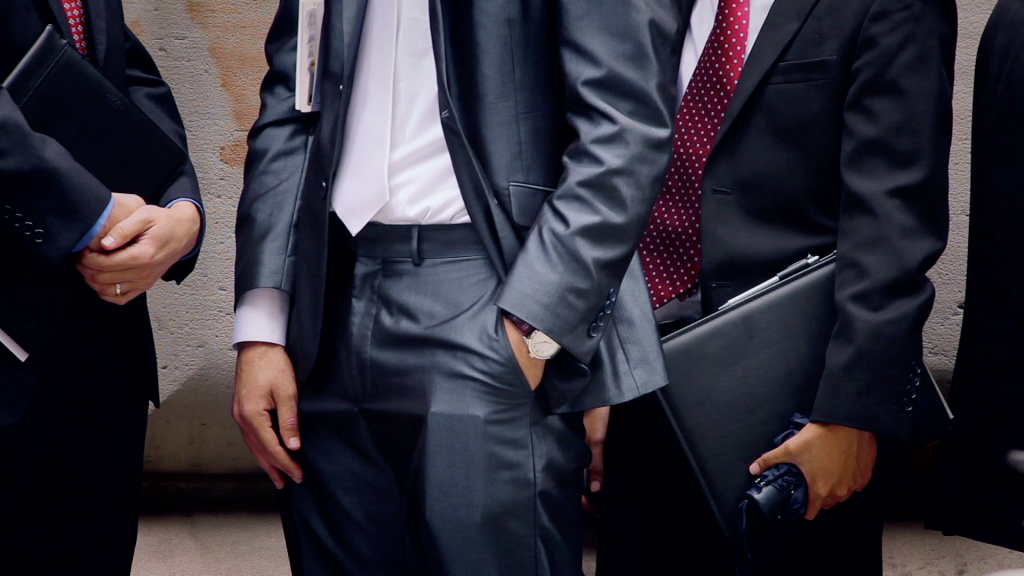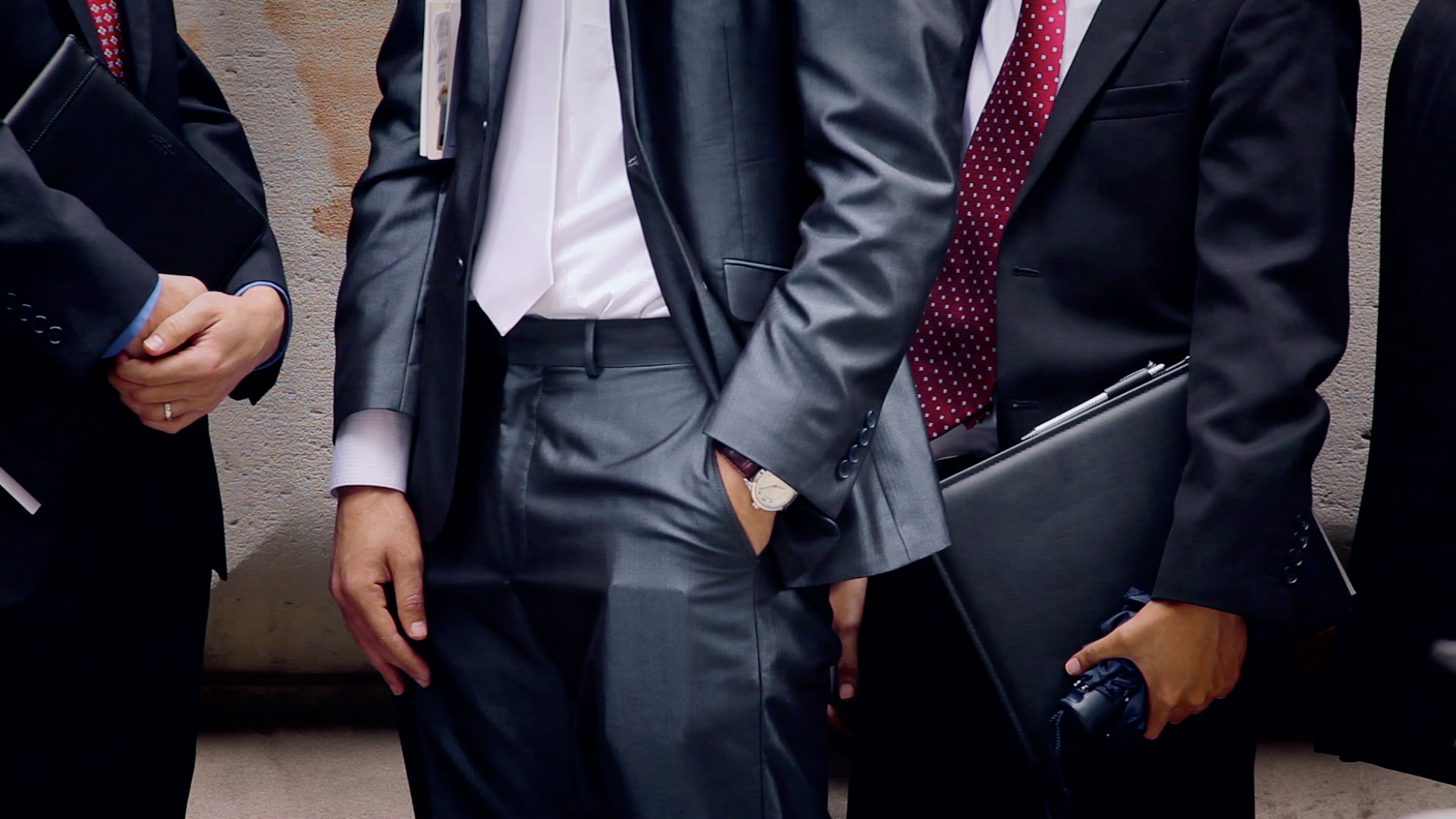Rethinking Past Settlements, SEC Aims For More Mea Culpas

June 19, 2013
Share
The Securities and Exchange Commission will move to win more admissions of guilt from companies and individuals involved in civil settlements with the agency, or have them risk a court trial.
The shift, announced Tuesday by SEC Chairman Mary Jo White, marks a departure from longstanding agency policy in which defendants can settle charges without having to admit or deny liability. The policy was a common practice in the aftermath of the financial crisis, and has been loudly criticized by judges and lawmakers alike.
“We are going to, in certain cases, be seeking admissions going forward,” White said to reporters at The Wall Street Journal‘s CFO Network conference in Washington, D.C. “Public accountability in particular kinds of cases can be quite important,” she noted, adding, “and if you don’t get them, you litigate them.”
It’s unclear how often the SEC will employ the new policy. In making a determination, the SEC’s enforcement division will need to assess whether cases meet certain criteria, said White, such as “widespread harm to investors” or “egregious intentional misconduct.” The SEC has already announced it will require defendants to admit wrongdoing when they have already done so in a parallel criminal case.
If anything, the standard “neither admit nor deny” formula” will likely remain a “major, major tool in the arsenal” for a “majority” of cases, White told reporters. Despite criticism of the policy, she said such deals can help to resolve cases more quickly and for less of a cost to taxpayers than going to trial.
The agreements can also help bring companies to the negotiating table, as many firms would rather face trial than risk an admission of liability that could expose them to future lawsuits.
Nonetheless, the policy continues to rankle critics of the SEC’s response to the financial crisis. In 2011, for example, U.S. District Court Judge Jed Rakoff rejected a $285 million settlement between the SEC and Citigroup, in part due to the agreement’s neither-admit-nor-deny clause.
The SEC alleged in the case that the bank misled investors in a 2007 mortgage bond deal, costing them more than $700 million in losses.
In his decision, Rakoff wrote that he could not determine whether the settlement was fair because without an admission of wrongdoing, he had no way to assess the bank’s true liability. Issuing a ruling “on the basis of allegations unsupported by any proven or acknowledged facts whatsoever, is neither reasonable, nor fair, nor adequate, nor in the public interest,” Rakoff wrote.
The SEC is appealing the decision.

Related Documentaries
Latest Documentaries
Related Stories
Related Stories
Explore
Policies
Teacher Center
Funding for FRONTLINE is provided through the support of PBS viewers and by the Corporation for Public Broadcasting, with major support from Ford Foundation. Additional funding is provided the Abrams Foundation, Park Foundation, John D. and Catherine T. MacArthur Foundation, Heising-Simons Foundation, and the FRONTLINE Trust, with major support from Jon and Jo Ann Hagler on behalf of the Jon L. Hagler Foundation, and additional support from Koo and Patricia Yuen. FRONTLINE is a registered trademark of WGBH Educational Foundation. Web Site Copyright ©1995-2025 WGBH Educational Foundation. PBS is a 501(c)(3) not-for-profit organization.





















